Cult Shop: the Seoul tailor reviving Korean suitmaking
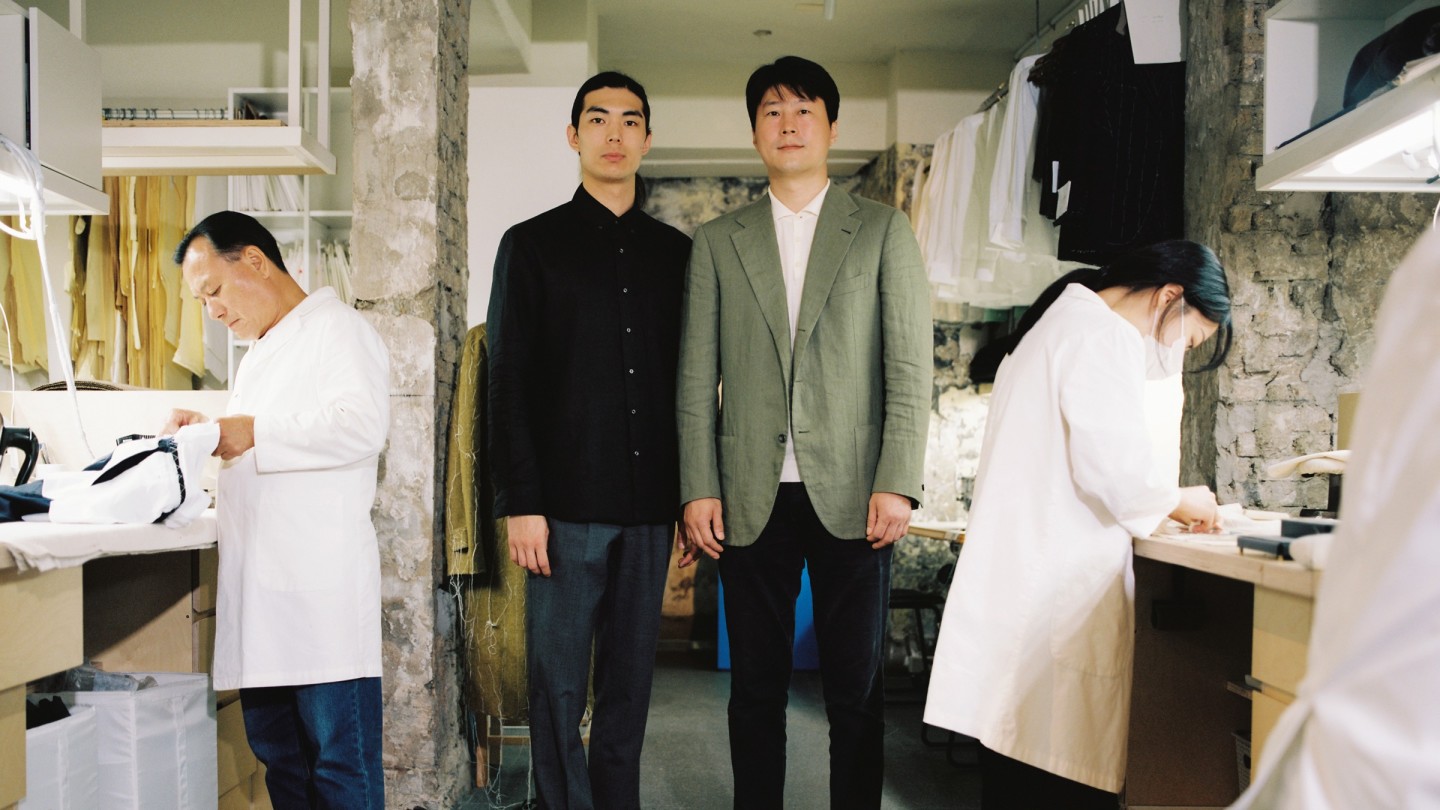
Roula Khalaf, Editor of the FT, selects her favourite stories in this weekly newsletter.
When you go to see Kim Dae-chul about a suit, you don’t tell him what you want. He tells you what you need.
At Atelier Lerici, the tailoring house he founded in 2005 and now runs from a secluded villa on the side of Seoul’s Namsan Mountain, Kim fits his clients out in handmade suits that he hopes will redefine the waning tradition of Korean bespoke tailoring. Rather than adopting a British or Italian taste, Kim’s tailoring practice has his own style, and focuses on achieving “perfect harmony between the suit and the human body”. Inspired by the gentle lines of Korean ceramics, he wants each of Lerici’s suits – created for both men and women – to be subtly unique “like a line drawn without a ruler”.
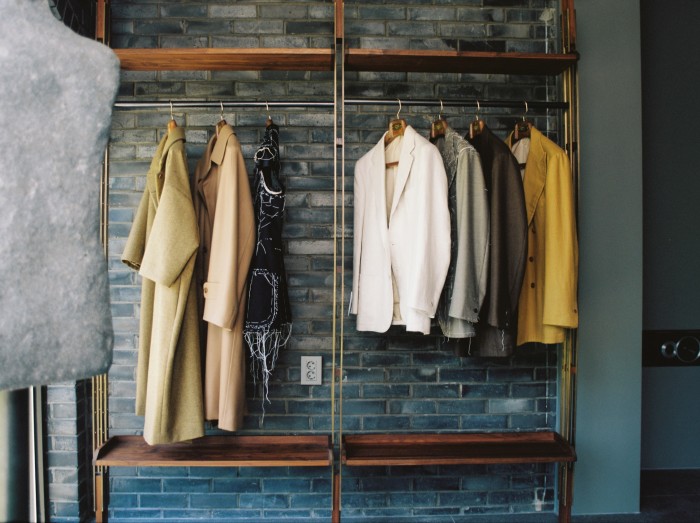
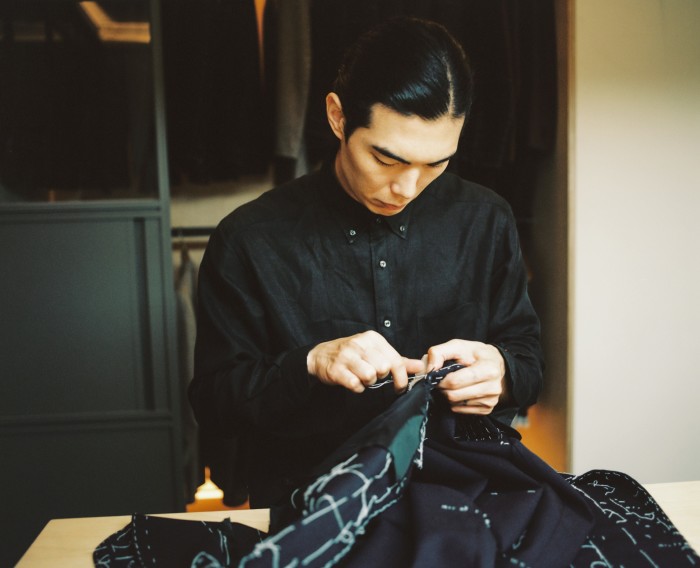
Inside the sparsely decorated house, everything from the front door to the mannequins displaying his tailoring and the wooden boardroom table set on a two-tonne block of granite was designed by Kim. “The goal in my life is to achieve beauty in everything I make,” he says.
Each jacket or coat can take up to 110 hours for one of the atelier’s eight tailors to produce. After consulting with Kim, customers have three fittings – one after two months, another after three, and a final one after four, before the client receives their suit. “The ambition is to express the subconsciousness of the customer,” says Kim of his aesthetic. “It must emerge without a trace of deliberate production or effort”. If at the end of the process the customer does not want the suit, they get a refund. Kim says that of 300 customers, only one has ever turned a garment down.
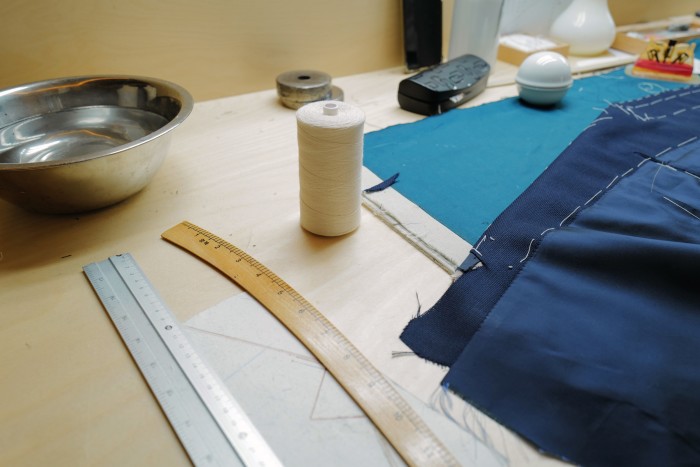
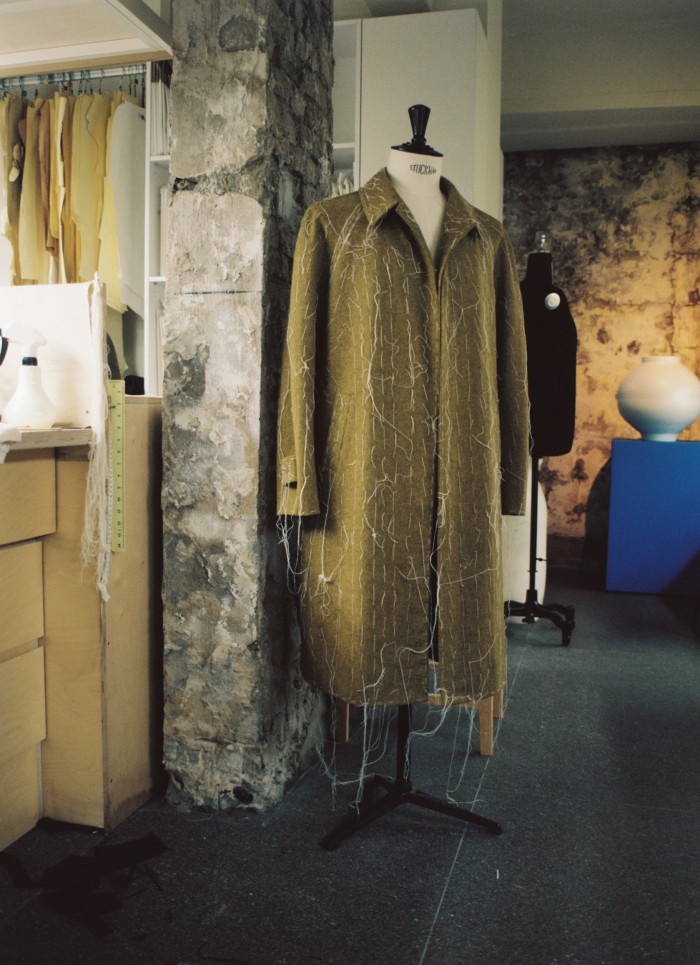
The 2000s saw a boom in the country’s luxury sector as it came roaring back from the financial crisis in Asia in the late 1990s but, says Kim, very few luxury products were rooted in Korean culture and the country’s tailors have largely been driven out of the bespoke business by an influx of foreign brands. A former marketeer for the subversive Korean magazine Deep Well (which was banned by the country’s former dictatorship during the 1980s), Kim hopes the shop will help restore traditions of Korean craftsmanship to the international stage.
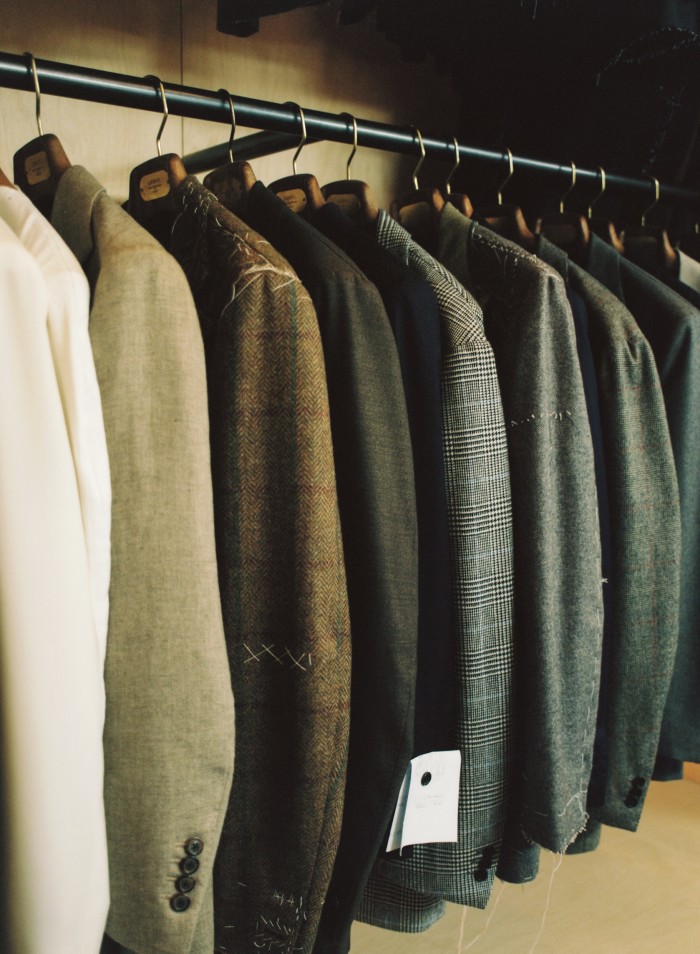
Today, Kim’s clients are getting younger, with an increasing number of clients in their 20s and 30s, despite prices that are more than double those of most bespoke Korean suits – from Won5mn (about £3,150). Unlike their old money counterparts, says Kim, these Koreans are more wedded to expression than to tradition. Old money “doesn’t like to hear from me what might suit them”, Kim concludes. They have their own ideas and demands. But his vision is clear.
Christian Davies is the FT’s Seoul bureau chief
Comments